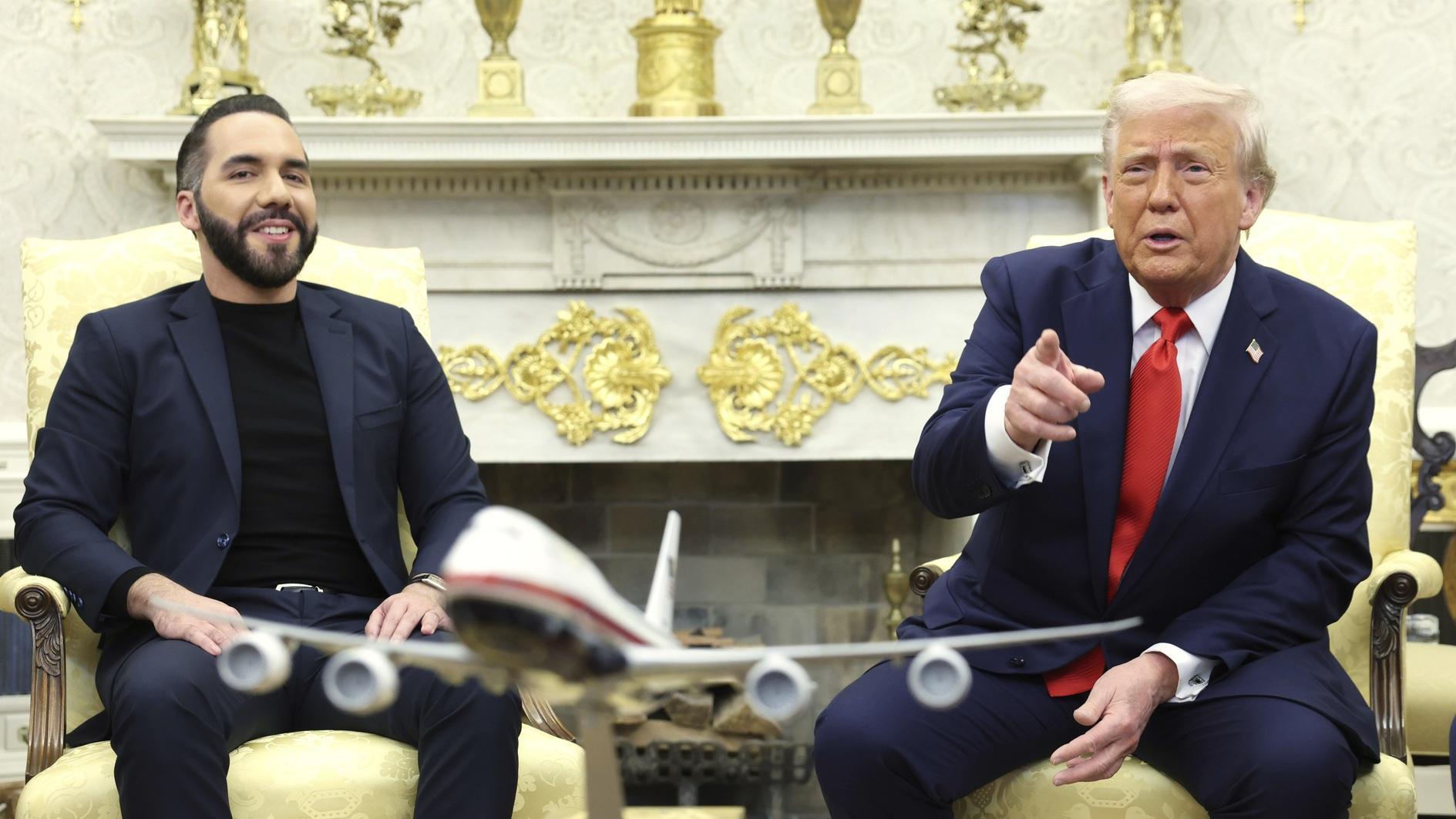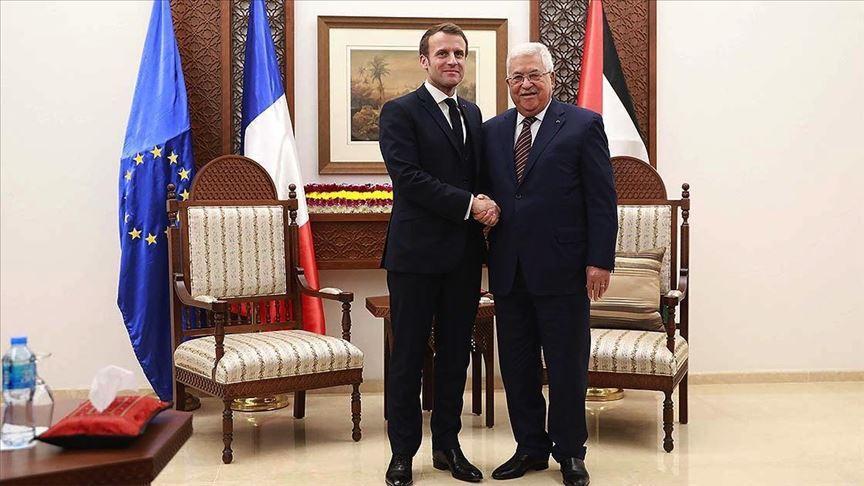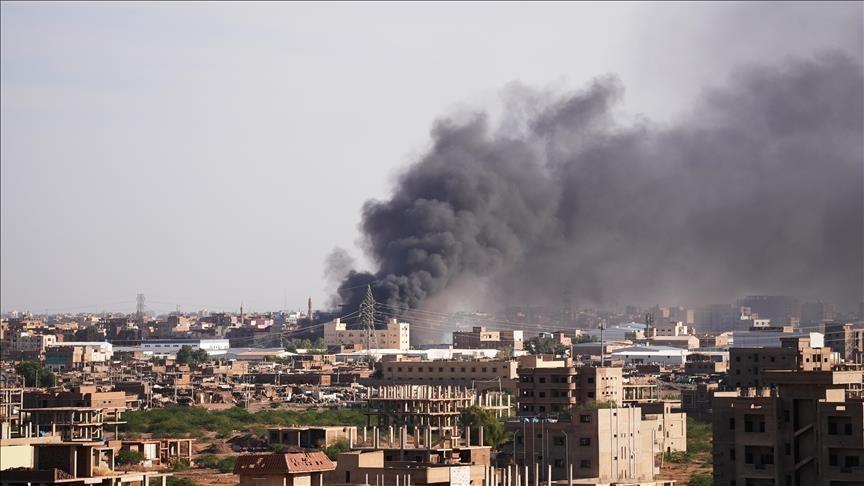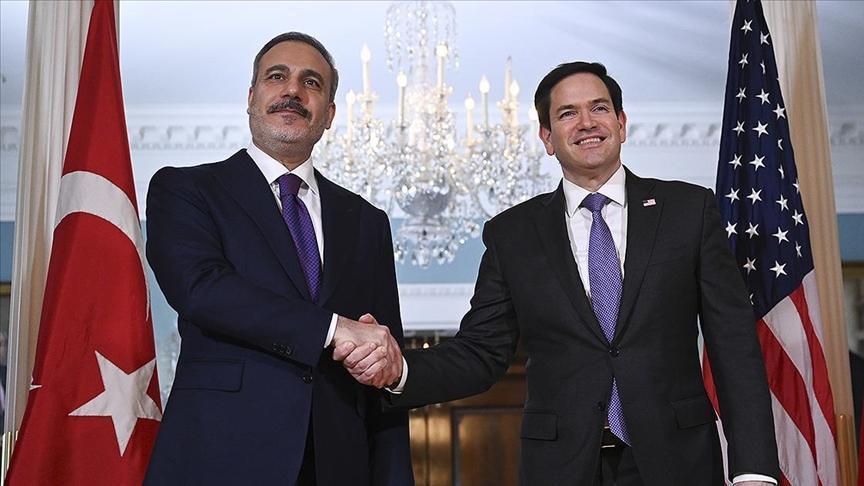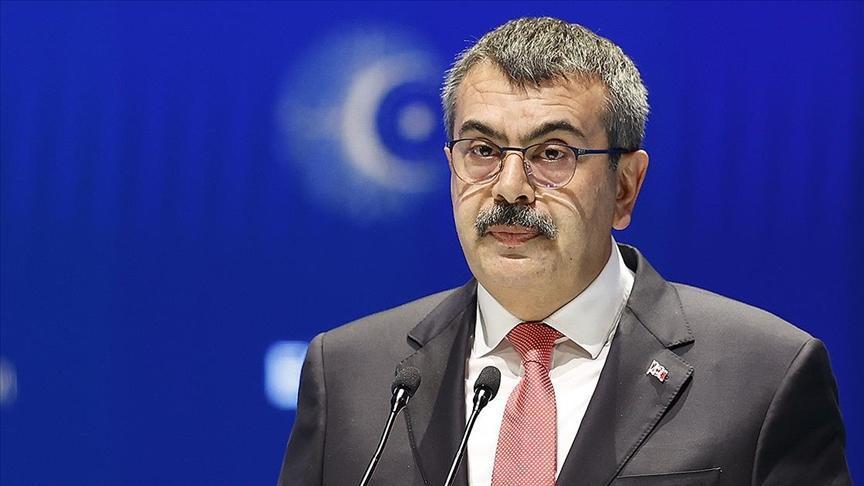European leaders to visit Turkey’s south over migrant crisis
ISTANBUL
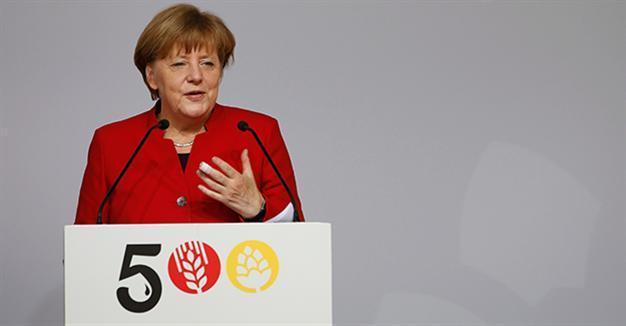 German Chancellor Angela Merkel, European Council President Donald Tusk and European Commission First Vice President Frans Timmermans will pay a visit on April 23 to the southern province of Gaziantep, where they aim to take stock of the implementation of the March 18 EU-Turkey deal and discuss the next steps.
German Chancellor Angela Merkel, European Council President Donald Tusk and European Commission First Vice President Frans Timmermans will pay a visit on April 23 to the southern province of Gaziantep, where they aim to take stock of the implementation of the March 18 EU-Turkey deal and discuss the next steps.Turkish Prime Minister Ahmet Davutoğlu will host the three EU leaders, who will jointly visit a refugee camp in Gaziantep’s Nizip district and a Child Protection Support Centre.
The leaders are expected to hold a meeting, which will be followed by a joint press conference, according to a statement issued by the European Council.
“The leaders will also participate in an inauguration ceremony of EU-Turkey assistance projects,” the statement read, adding the visit would offer an opportunity to assess the situation of refugees in Turkey.
One day before the leaders’ visit, German Ambassador to Ankara Martin Erdmann paid a visit to the province and met Gaziantep Mayor Fatma Şahin.
Turkey, under a deal with the EU which was sealed on March 18 to curb the migrant flow into the bloc, agreed to take back all migrants reaching Greece as of March 20 in exchange for the EU taking back the same number of Syrian refugees from Turkey.
Under the deal Turkey will get a total of 6 million euros of funds from the EU in order to increase the living standards of Syrian refugees in the country. The EU will also grant Turkish citizens visa-free travel in the Schengen zone as of July if Turkey fulfills its requirements by May 4.
Merkel’s visit comes as she faces criticism at home for allowing a German comedian to be prosecuted for insulting Turkish President Recep Tayyip Erdoğan.
“It is both sides that have a strong interest in making this work. Turkey wants support in easing the refugee burden - both financial support and in terms of numbers. And they want visa liberalization. We have other interests,” a Merkel aide said, according to Reuters.
“Ultimately it will depend on both sides fulfilling the criteria they need to. If that doesn’t happen the deal won’t work. Whether it’s sustainable is not clear yet,” the aide added.


